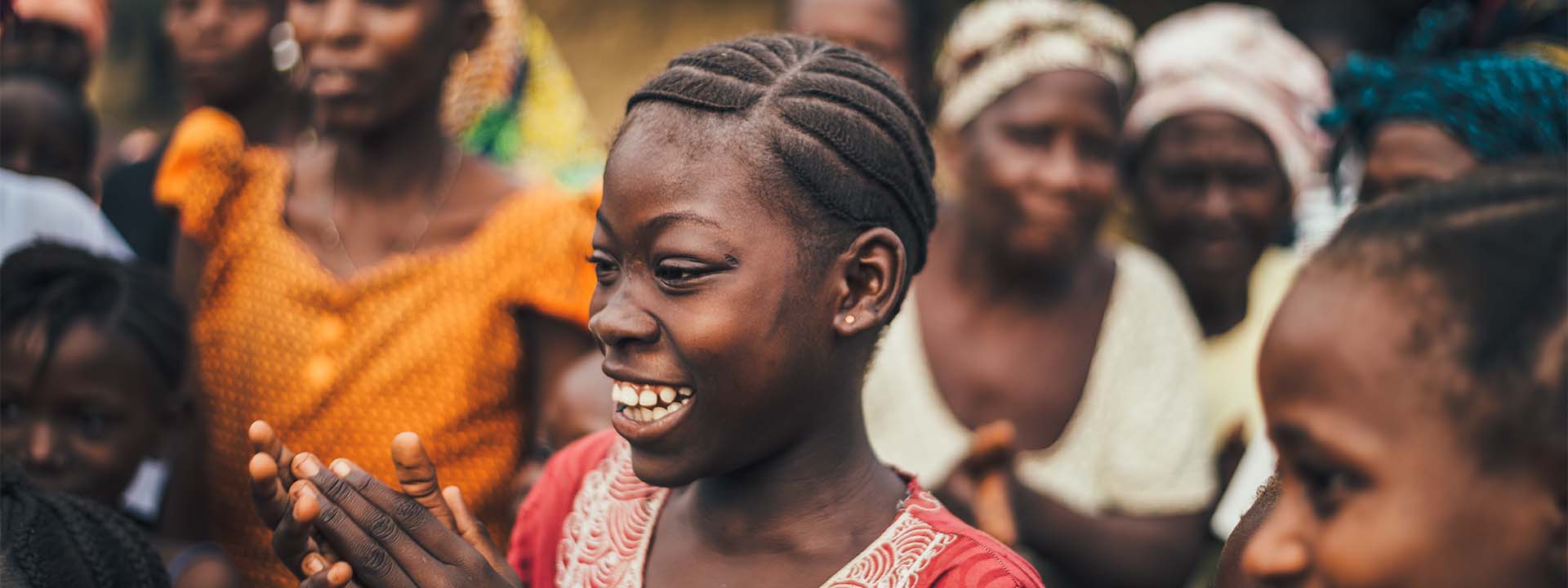Investing in the education and empowerment of women and girls is imperative to Africa’s development. Gender equality and equal access to education and training are fundamental rights and critical drivers of progress. By harnessing the vast potential of its female population, Africa can pave the way for economic growth, improved health outcomes, and social development, creating a more inclusive and prosperous society.
Enhancing Economic Growth:
Empowering women and girls are an essential catalyst for economic growth in Africa. When educated and provided with opportunities, women become active participants in the workforce, fuelling economic productivity. According to studies conducted by the UNDP and IMF, closing the gender gap in employment could potentially boost Africa’s GDP by 10% by 2025. This demonstrates the significant impact women’s empowerment can have on economic development. Empowered women contribute to increased household incomes, entrepreneurship, and innovation, creating a positive ripple effect throughout their communities and beyond. Furthermore, the United Nations SDG 5 calls for gender equality and women’s empowerment as crucial drivers of sustainable development. Recognising the economic benefits of women’s empowerment, the UN encourages governments, organisations, and stakeholders to prioritise investments in women’s education, skills development, and access to finance, technology, and markets.
Breaking the Cycle of Poverty:
The United Nations Girls’ Education Initiative (UNGEI) emphasises that educated women are more likely to secure stable employment and earn higher wages, increasing income and economic opportunities for themselves and their families. The UNFPA highlights that educated women are more likely to understand and adopt healthier lifestyles, including practices related to family planning, maternal and child health, and disease prevention. The World Bank, in its report on “The Power of Investing in Girls: Insights from the Global Girls’ Education Initiative,” stresses the importance of girls’ education in reducing income inequality. By investing in girls’ education and providing equal opportunities, societies can address gender disparities, empower girls, and bridge the income gap between men and women. This promotes social justice and contributes to more inclusive and equitable economic growth.
Improving Health Outcomes:
The UNFPA emphasises that “education is a fundamental factor in improving health and empowering women.” Educated women have a better understanding of health issues and are more likely to adopt healthier behaviours, such as proper nutrition, hygiene practices, and disease prevention strategies. As a result, they contribute to improved overall health outcomes for themselves and their families. Educated women also play a crucial role in breaking cultural barriers and dispelling myths surrounding sensitive health topics. The UNFPA highlights that educated women are more likely to challenge harmful cultural practices, including early marriages and pregnancies, which can harm maternal and child health. The World Bank, in its report on “Investing in Women’s Reproductive Health,” emphasises that “investing in women’s education and reproductive health is not only a human rights imperative but also an effective strategy for poverty reduction, sustainable development, and improved health outcomes.”
Promoting Gender Equality and Social Progress:
Promoting gender equality is a matter of justice and human rights, and a key driver of social progress. Empowered women challenge discriminatory norms, advocate for equal rights and opportunities, and contribute to building a more inclusive and equitable society. The United Nations Entity for Gender Equality and the Empowerment of Women (UN Women) emphasises that gender equality is a fundamental human right and necessary for achieving social progress. In their report on “Progress of the World’s Women,” UN Women states, “Gender equality is more than a goal in itself. It is a precondition for meeting the challenge of reducing poverty, promoting sustainable development, and building good governance.” Plan International’s publication “Because I am a Girl” states, “When girls are educated, healthy, and empowered, they transform their lives and communities. They break the cycle of poverty, contribute to economic growth, and lead the way to a brighter future for everyone.” The International Center for Research on Women (ICRW) underscores, “Engaging women in decision-making is critical to achieving gender equality and social progress. When women’s voices are heard, policies and initiatives become more inclusive and effective, addressing the needs and aspirations of the entire population.” Their report “Every Last Girl,” Save the Children” states, “Education is the key to unlocking a girl’s potential and is essential to breaking the cycle of discrimination and gender inequality. Education empowers girls to challenge discrimination, advocate for their rights, and contribute to building a more equitable society.”
Creating Role Models and Mentors:
Empowering women and girls create a ripple effect by inspiring future generations. When young girls see empowered women as role models and mentors, they are likelier to believe in their capabilities and aspire to reach their full potential. This encourages a cycle of empowerment, where girls become educated women who, in turn, empower the next generation. The Nike Foundation, through its initiative, Girl Effect, emphasises the importance of role models in empowering girls. They state, “When a girl sees her role models and women leaders, she believes in her possibilities. She has hope for her own future.” The Malala Fund recognises the power of education and mentorship in empowering girls. It states, “Girls who have access to education and mentors become agents of positive change, creating a better future not only for themselves but for their families, communities, and countries.” Plan International stresses the role of mentors in supporting girls’ empowerment. In their publication “Because I am a Girl,” they state, “Mentors provide guidance, support, and inspiration to girls, helping them navigate challenges and build their confidence. Mentorship programs can be a powerful tool for fostering girls’ empowerment and leadership skills.”
References
- United Nations Girls’ Education Initiative (UNGEI). Retrieved from https://www.ungei.org/
- United Nations Population Fund (UNFPA). Retrieved from https://www.unfpa.org/
- World Bank. (2019). The Power of Investing in Girls: Insights from the Global Girls’ Education Initiative. Retrieved from https://www.worldbank.org/
- United Nations Population Fund (UNFPA). Retrieved from https://www.unfpa.org/
- World Bank. (2003). Investing in Women’s Reproductive Health: Closing the Deadly Gap Between What We Know and What We Do. Retrieved from https://openknowledge.worldbank.org/

Suzie Li
Suzie joined Oxford HR in 2018. She has over 20 years Human Resources Management experience working experience in Tanzania, Kenya, Uganda and Tunisia, working for FMCG, Banking, International Financial Organisations and most recently the African Development Bank.
Suzie brings expertise in Talent Acquisition, HR transformation and corporate delivery of HR projects. Suzie holds a Master’s in Human Resources Management and is currently pursuing an Integrative Counselling degree. Passionate about the economic and developmental growth of Africa, she is committed to sourcing and grooming high performing talented African nationals on the continent and diaspora.



